More than two thousand Highland pupils have sought help from a school counsellor since 2021, according to a new education report.
Highland Council expanded its school counselling service in 2021 in the wake of the pandemic.
Counselling is now available at all mainstream Highland schools, for pupils aged 10 and over.
Since January 2021, 2,378 pupils have seen a school counsellor. The service has found that girls are much more likely to seek help than boys, with almost twice as many female pupils attending counselling.
To understand why, the counselling manager held focus groups with six secondary schools across Highland. Sadly, pupils said there’s still a culture where boys and men aren’t mean to show their emotions. They cited ‘toxic masculinity’ as a big problem.
Millburn Academy is launching a project to reduce the stigma of mental health, especially for boys.
At the same time, school counsellors have helped a number of pupils identifying as non-binary – 40 in the second half of 2021 and 32 so far this year.
The school counselling service is part of a ‘whole system approach’ developed by Highland Council to support children’s mental health and wellbeing.
How just one kind adult can help
For the vast majority of pupils seeking counselling, anxiety is the number one issue, making up more than a third of referrals. This is closely followed by low mood, and behavioural/emotional needs. Body image, trauma and self-harm are some of the other common problems young people face.
Highland Council, like other local authorities, saw a sharp rise in mental health problems following the pandemic.
The council aims to support pupils within the school community as much as possible. Its approach builds on the ‘One Good Adult’ concept, which emerged from a 2012 academic study by Dooley & Fitzpatrick. The study found that having one kind and reliable adult in their life can make a big difference to young people’s wellbeing.
However, a survey of 3,000 school staff by the Scottish Association of Mental Health found that 66% of teachers felt they don’t have enough mental health training.
With that in mind, Highland Council has provided 2,562 training sessions for education professionals, parents and pupils since last summer.
Pupils with more acute needs can be referred to a primary mental health worker. The latest data shows that 98% of Highland children are seen within the 18-week national target time. In fact, Highland averages just 4.6 weeks from referral to appointment. It has helped 327 children in the past year.
Schools help shape Highland mental health services
Highland schools have played an active role in developing these mental health services. Last spring, schools teamed up with mental health professionals on a toolkit to measure wellbeing support.
In Scotland, children’s mental health and wellbeing is based on eight indicators – safe, healthy, active, nurtured, achieving, respected, responsible and included (SHANARRI).
These indicators are captured in a wellbeing wheel which schools can now use to measure how well-supported children feel. The toolkit was developed with help from schools, Highland Youth Parliament and the Caithness Cares mental health project. Fortrose Academy volunteered to pilot the project, and it’s since rolled out at 12 further schools.
The toolkit along with further information on mental health can all be found at a dedicated new website, wellbeinghighland.co.uk.
In addition, NHS Highland has launched a fully online counselling and support service called Kooth. It’s completely anonymous for young people aged 10-21.
Councillors will discuss the progress of this project at a meeting of the education committee on September 29.
Are you interested in more exclusive and breaking Highland and Islands news from the P&J? If so, why not join our dedicated Facebook page HERE
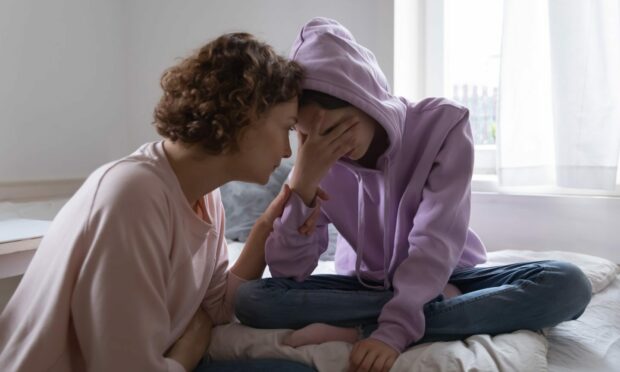
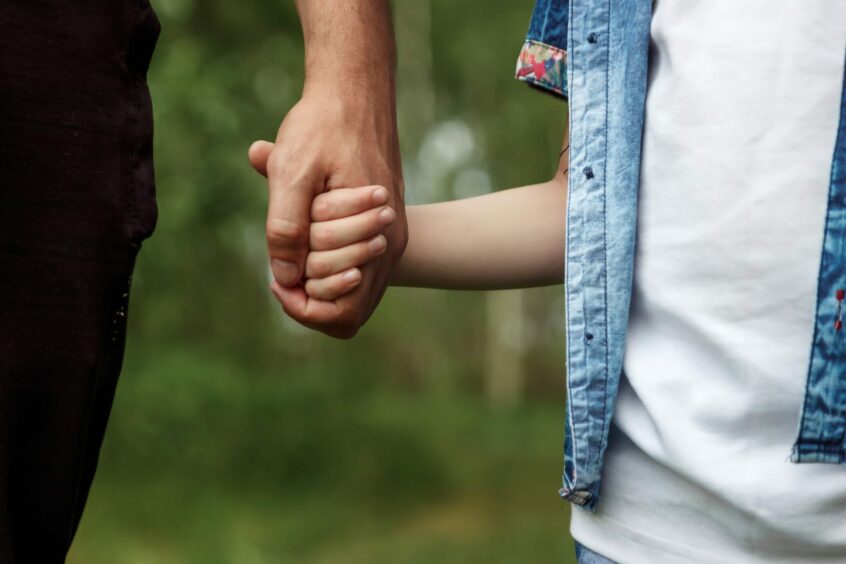
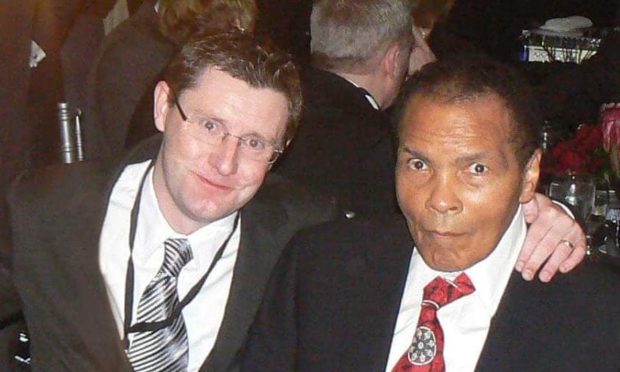
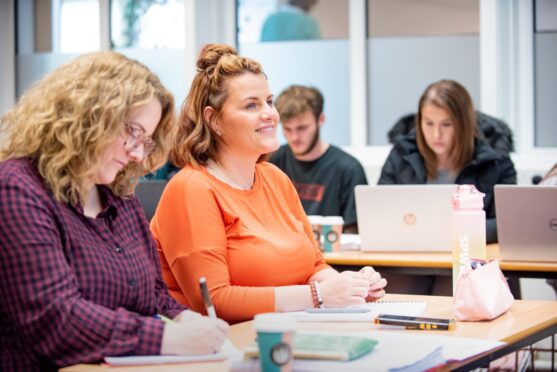
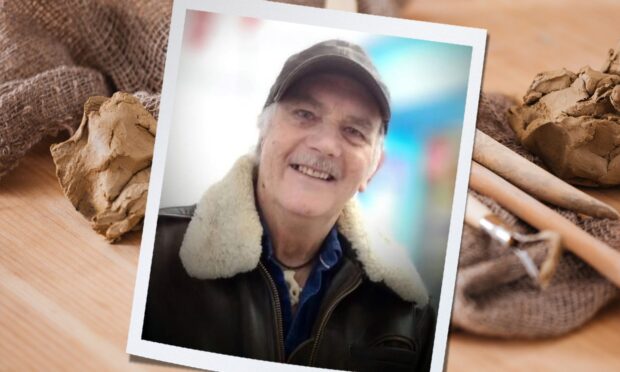
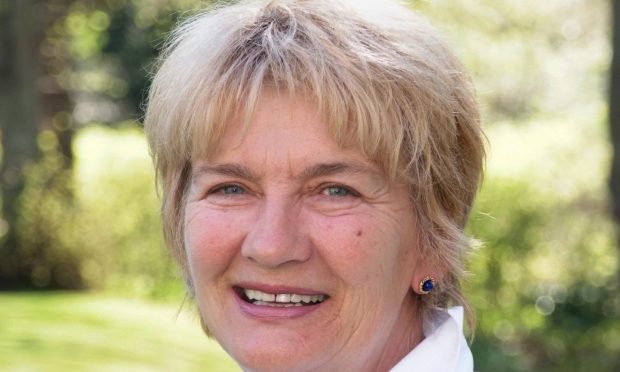
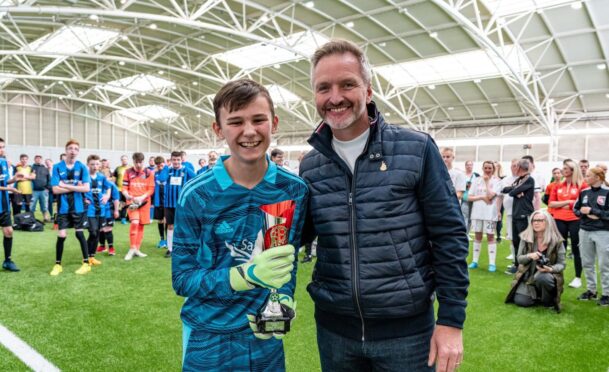
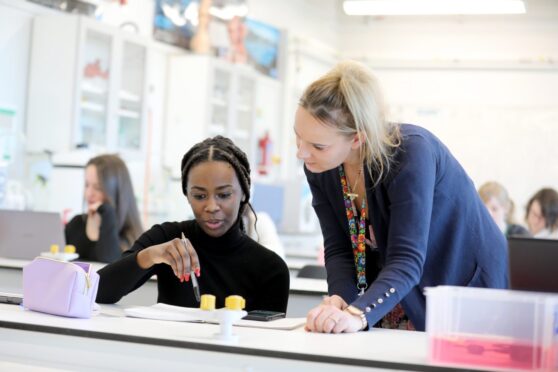
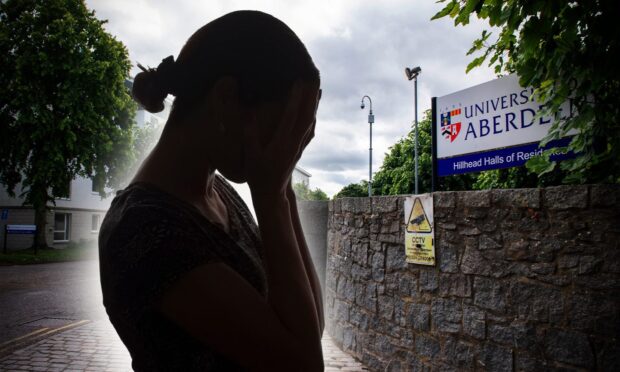
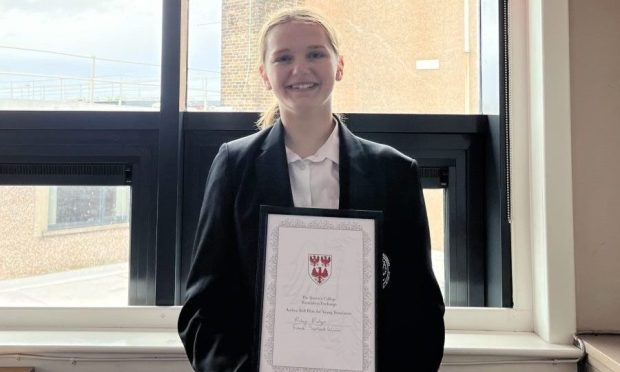

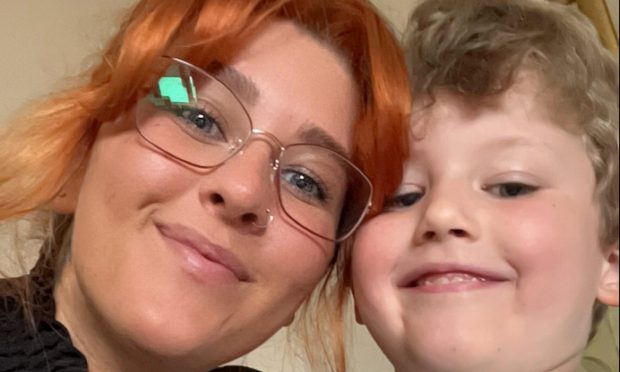
Conversation